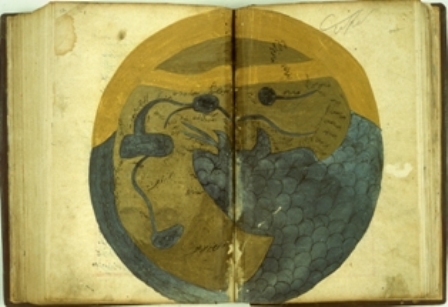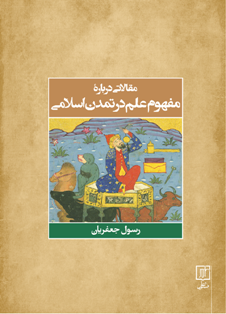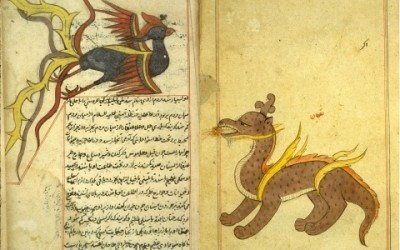This paper addresses the concept of science in the encyclopedia Ajayeb al-Makhluqat by Muhammad Tusi in the 12th century. It examines the criteria chosen by the author to determine the boundaries between science and ignorance. Having old predetermined assumptions and prejudice in mind are the main reasons for ambiguity and confusion in the concept of science in the book.
The decline of the Iranian civilization in the Mongol and Timurid era was rooted in ignoring science and rising social and political unrest. Anti-intellectual and anti-reason discussions proposed by Qazali and other scholars in Nizamiye schools in the Saljuq reign developed ignorance and khurafa (superstitions) in Iran. The decline of science followed by the Mongol invasion destroyed the social and economic infrastructures.
Ajayeb al-Makhluqat by Muhammad ibn Mahmud Tusi was written in Persian in 1161-1178. Like Tohfat al-Qarayeb by Haseb Tabari and Ajayeb al-Makhluqat by Qazvini, the subject of this encyclopedia is to introduce extraordinary creatures. Ajayeb al-Makhluqat is a multi-knowledge encyclopedia about many branches of medieval science like medicine, astronomy, botany, zoology, and geography.
Regarding ration and virtue as the peculiarities of human beings (p. 372), Tousi devotes a chapter to “the value of ration” (p. 376). He also addresses the significance of knowledge in all parts of his book (pp. 8, 9, 10, 13, 16, 532). However, he has disputed with philosophers on the basis of his religious thought. He states his aim to introduce people who cannot travel a lot with extraordinary things of through his book: “I named my book Ajayeb al-Makhluqat and Qarayeb al-Mojoudat to introduce people with God’s creatures and their peculiarities” (p. 485).
Many chapters of the book are devoted to extraordinary creatures like ghosts with “human faces and lion hands”, “a king with a long neck on Qaf (a legendary mountain) (p. 33).
Considering geography, various cities are listed and the natural peculiarities of each region are described (pp. 137, 281, 291).
Astronomy is one of the fundamental sciences followed in Ajayeb al-Makhlughat through religious thoughts (p. 459). Whether medicine was considered a science or not is one of the main discussions in the medieval era. Many scholars believed that healing is based on God’s wills and drugs are useless (pp. 452, 455, 489).

The influence of Greek scientific viewpoints on the Iranian medieval scholars and astronomers is inevitable. Greek thoughts provided the Iranian scholars with a huge amount of knowledge that was accepted without examining whether it was fundamentally scientific or not.
Aristotelian thinking did not study the world and its nature via inductive reasoning and so general concepts were accepted without examining the details.
The relationship between natural and human sciences and religion was one of the basic arguments in the Medieval Times which was not resolved. Akhbari scholars had religious understandings about the world and its geographical characteristics which were not examined critically. In addition, rational arguments were not encouraged.
Rasoul Jafarian


